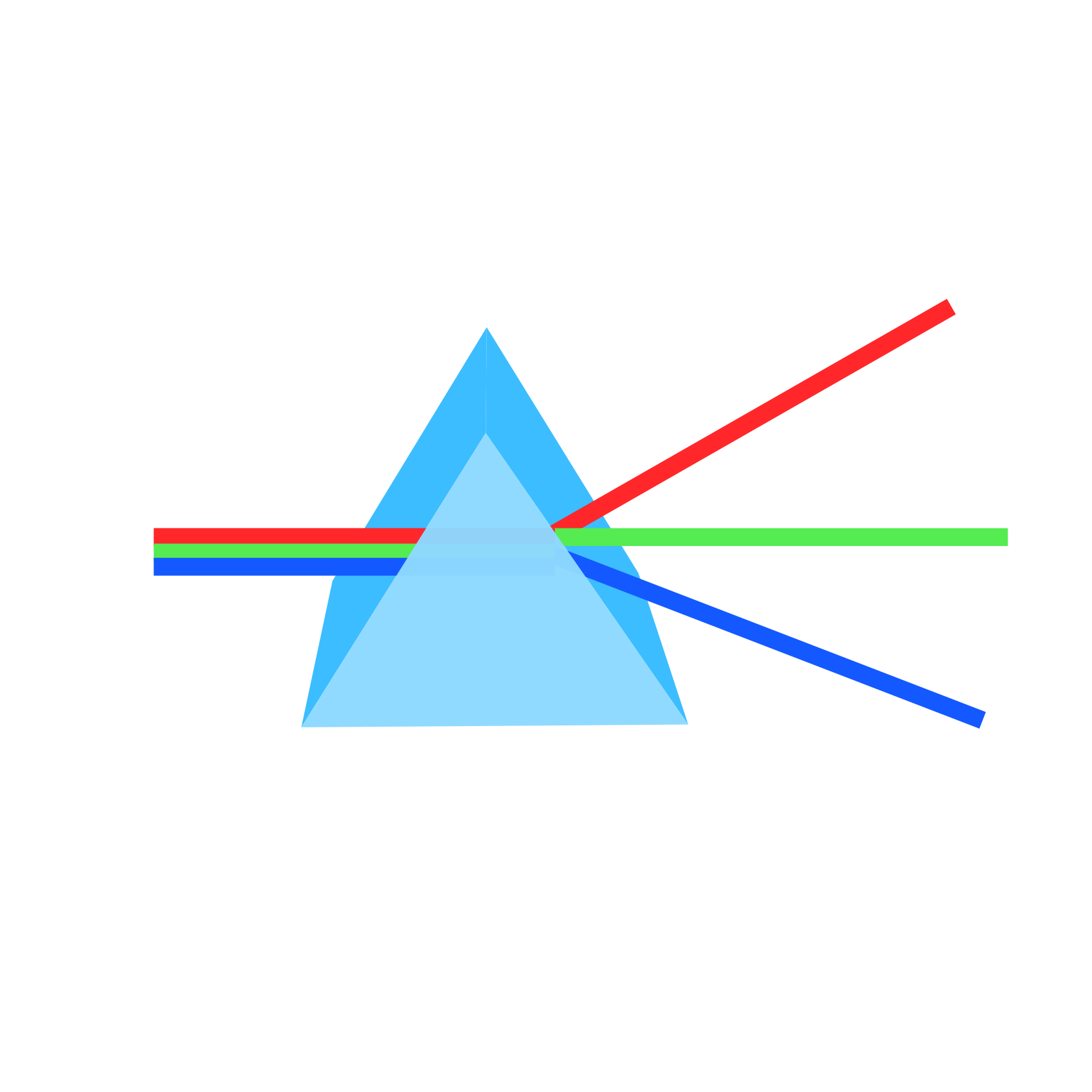6
Circular Dichroism (CD) can distinguish the handedness of chiral molecules. However, it is typically very weak due to vanishing absorption at low molecular concentrations. Here, we suggest Thermal Circular Dichroism (TCD) for chiral detection, leveraging the temperature difference in the chiral sample when subjected to right and left-circularly polarized excitations. The TCD combines the enantiospecificity of circular dichroism with the higher sensitivity of thermal measurements, while introducing new opportunities in the thermal domain that can be synergistically combined with optical approaches. We propose a theoretical framework to understand the TCD of individual and arrays of resonators covered by chiral molecules. To enhance the weak TCD of chiral samples, we first use individual dielectric Mie resonators and identify chirality transfer and self-heating as the underlying mechanisms giving rise to the differential temperature. However, inherent limitations imposed by the materials and geometries of such resonators make it challenging to surpass a certain level in enhancements. To overcome this, we suggest nonlocal thermal and electromagnetic interactions in arrays. We predict that a combination of chirality transfer to Mie resonators, collective thermal effects, and optical lattice resonance could, in principle, offer more than 4 orders of magnitude enhancement in TCD. Our thermonanophotonic-based approach thus establishes key concepts for ultrasensitive chiral detection.
You must log in or register to comment.




